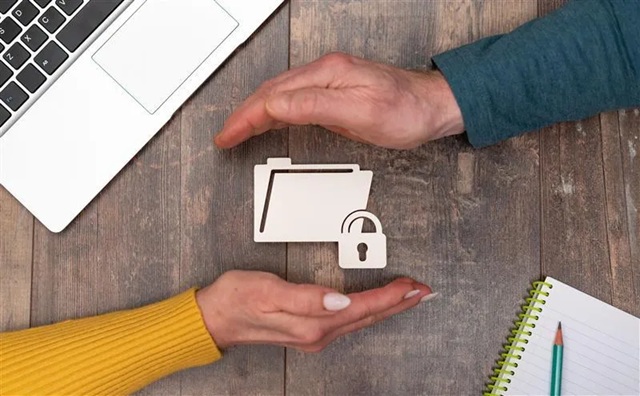
Best Practices for Safeguarding Personally Identifiable Information in Your Organization
Safeguarding personally identifiable information (PII) is a responsibility every organization must uphold. PII includes details such as names, contact information, financial records, and social security numbers. This information is critical, as exposure can lead to legal consequences, financial loss, and reputational damage.
Hence, Organizations need PII data compliance to protect valuable information from being misused. Use clear and structured strategies to protect PII. Following effective practices ensures data remains secure and clients’ trust is maintained. By focusing on the fundamentals of data protection, businesses can reduce the likelihood of a breach.
Collect data through a Trusted Source
Collecting first-party data through a trusted source is essential for ensuring accuracy, security, and compliance. By gathering data from reliable and verified platforms, organizations can ensure that the information they use is both authentic and up-to-date. Trusted sources help maintain the integrity of the data, reducing the risk of errors or fraudulent information. Additionally, using reputable sources ensures that the information collection process aligns with industry standards and privacy regulations, such as GDPR or CCPA.
Enforce Access Control
It involves limiting access to sensitive information. Access control ensures that only employees with a valid need can view or manage PII. This minimizes the risk of internal threats and accidental exposure. Organizations must define clear policies regarding who can access data and under what circumstances. Data minimization is also key. Collecting only the information necessary for specific purposes reduces the amount of sensitive information stored, which in turn lowers the chances of exposure in case of a breach.
Implement Strong Data Encryption Methods
One of the most reliable ways to protect PII is through encryption. Data encryption transforms sensitive information into an unreadable format, ensuring that only authorized individuals can access it. Encryption safeguards both data at rest and data in transit, protecting it from unauthorized access. Experts recommend adopting advanced encryption standards that can withstand modern threats. Organizations should ensure that encryption protocols are updated regularly to stay ahead of new vulnerabilities.
Conduct Security Audits
Regular audits are important for identifying vulnerabilities in security systems. Conducting these assessments helps uncover weaknesses in data protection measures. Risk assessments allow organizations to prioritize which areas need immediate attention to prevent breaches. Cybersecurity professionals recommend using penetration tests and vulnerability scanning to evaluate system security. By carrying out these assessments regularly, companies can address potential risks before they cause damage.
Educate Employees on PII Protection Protocols
Employees are vital in safeguarding PII. Proper training ensures staff understand the importance of protecting sensitive information. Organizations should provide clear guidelines on the secure handling, storage, and disposal of PII. Staff should be trained to recognize phishing attempts, use strong passwords, and follow secure data practices. Regular training sessions keep employees informed about the latest security threats and response protocols.
Ensure Compliance with Data Privacy Regulations
PII data compliance is a must for businesses that handle personal identifiable information . Regulations such as GDPR and CCPA outline specific requirements for the collection, storage, and handling of PII. Organizations should regularly review their policies to ensure they are meeting the latest legal requirements. Organizations can consider taking the help of trusted platforms to collect data. Staying compliant protects both the company and its clients from legal repercussions.
Safeguarding PII requires constant attention and a structured approach. Organizations must implement effective encryption, control access, and carry out regular security assessments. Training employees and ensuring compliance with privacy laws are also key components of a solid data protection strategy. Following these best practices helps prevent breaches and protects the sensitive information organizations handle daily. Protecting PII builds trust and ensures the long-term success of any business that values its clients’ privacy.
